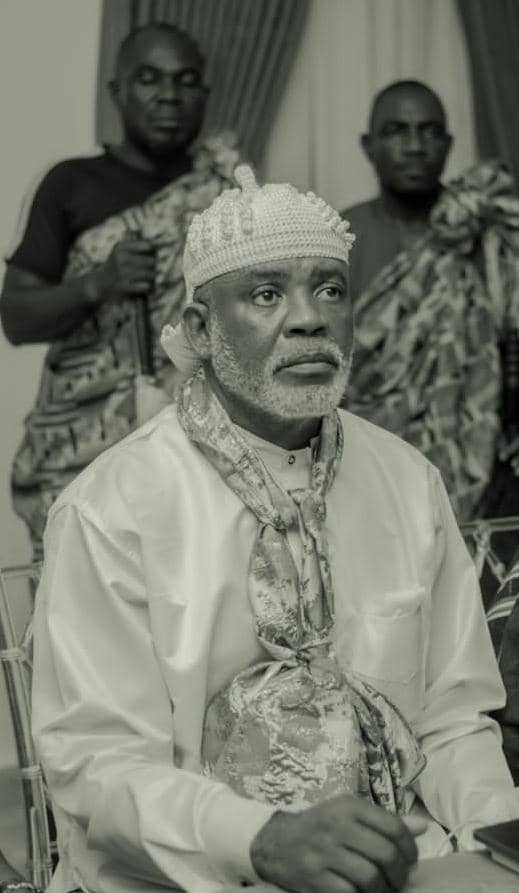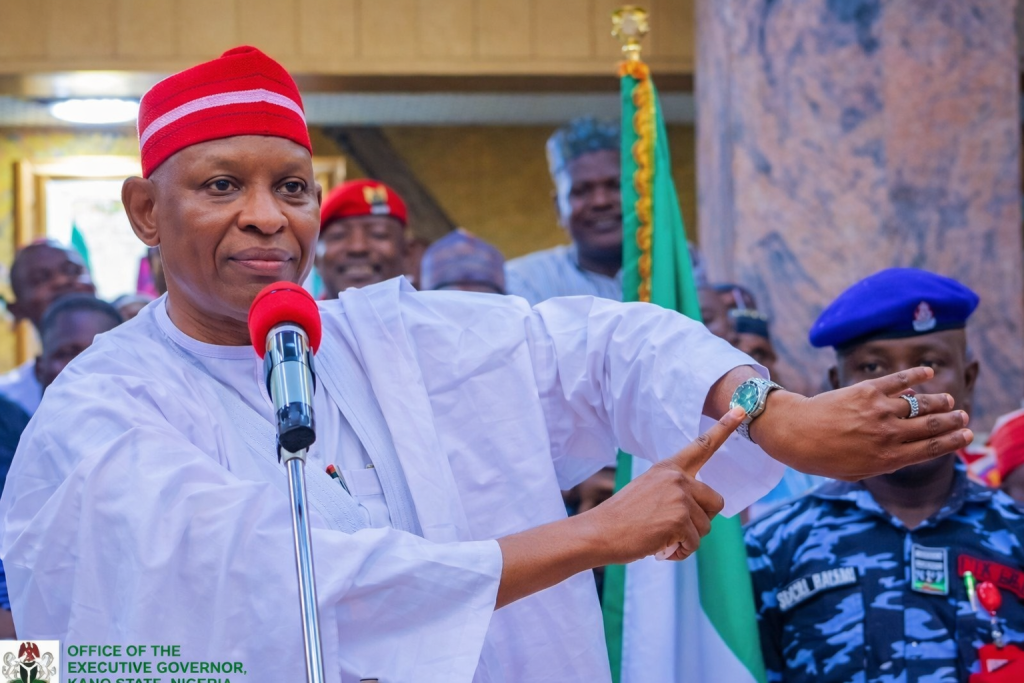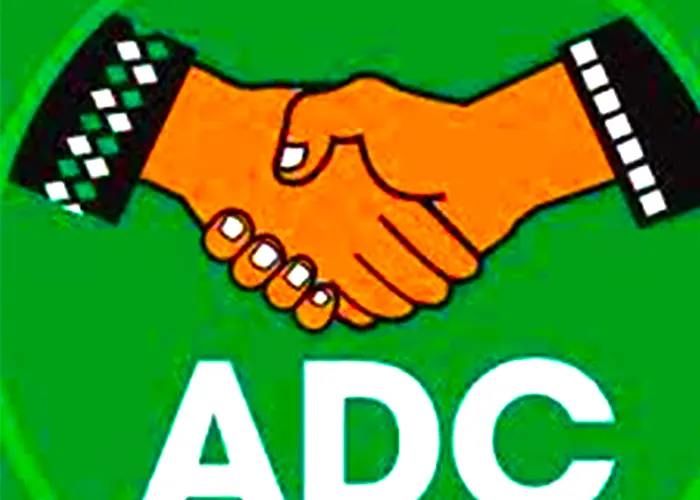The Economic Community of West African States (ECOWAS) is facing a significant infrastructure deficit, requiring approximately 5.2 billion dollars to drive economic growth in the region. To address this challenge, ECOWAS has established the ECOWAS fund for the development and financing of the transport and energy sectors (FODETE).
Sediko Douka, the ECOWAS Commissioner for Infrastructure, Energy, and Digitalization, highlighted the importance of FODETE in financing regional infrastructure projects. The fund is expected to generate over 350 million dollars annually, contributing to the growth and development of the transport and energy sectors over a 20-year period.
ECOWAS has implemented various regional electricity and energy programs to promote subregional economic integration and growth. Specialized agencies such as the West African Power Pool (WAPP), the Regional Electricity Regulatory Authority (ERERA), the Centre for Renewable Energy and Energy Efficiency (ECREEE), and the West African Gas Pipeline Authority (WAGPA) have been established to address infrastructure challenges in West Africa.
The WAPP aims to integrate the operation of national electricity grids into a unified regional electricity market, providing stable and reliable electricity supply to ECOWAS member states. Additionally, ECOWAS has launched projects like the Regional Electricity Access Project (ECOREAP) and the Battery Energy Storage System (BEST) to enhance electricity supply efforts in the region.
Furthermore, ECOWAS is working on the Regional Off-Grid Electricity Access Project (ROGEAP) to increase electricity access rates for households and commercial enterprises. The regional electricity market, initiated in June 2018, is overseen by ERERA and WAPP to promote energy capacity and access to electricity, particularly in rural areas.
With 14 out of the 15 member states interconnected, ECOWAS is making significant progress in regional electricity integration. The upcoming implementation of a high-voltage submarine cable in Cabo Verde will further enhance electricity exchanges and ensure competitive tariffs to meet the region’s energy demand.
Overall, ECOWAS is committed to improving infrastructure and energy access in West Africa, paving the way for sustainable economic growth and development in the region.



